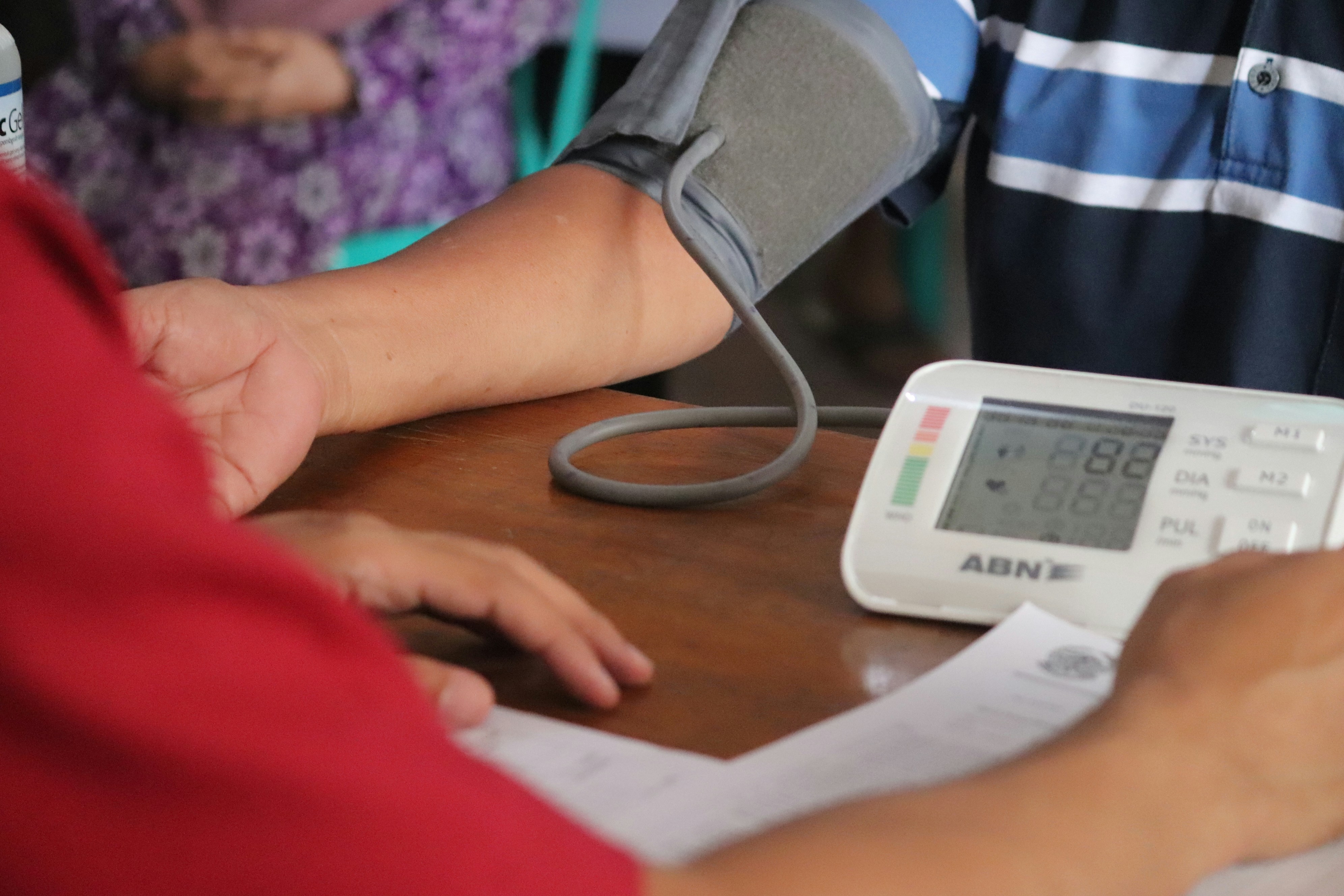
You’ve probably heard the phrase “knowledge is power.” When it comes to health, that couldn’t be more true. The idea of going for a check-up or test isn’t anyone’s favorite way to spend a morning — but screenings are less about finding problems and more about giving you peace of mind. Think of them as regular tune-ups for your body, the same way you’d look after your car before a long trip.
The good news? Screenings aren’t about endless poking and prodding. Most are quick, some are done only once in a while, and many can save you a lot of trouble down the road.
Why Screenings Matter
After 60, your body works hard for you — and it deserves a little extra attention. Screenings are a way of catching things early, often before you even notice symptoms. That means treatment is easier, outcomes are better, and you stay in control of your health.
It’s not about being paranoid. It’s about prevention. A 20-minute test now could spare you weeks or months of worry later.
The Big Ones to Keep on Your Radar
Here’s a simple list of screenings worth knowing about. Actually, not everyone needs all of them, and timing can vary depending on your health history, but these are the usual suspects:
1. Blood Pressure & Cholesterol Checks
- Why: Heart disease is still the leading health issue for older adults.
- What it’s like: A quick cuff squeeze for blood pressure and a small blood test for cholesterol.
- How often: Every year (sometimes more often if numbers aren’t great).
2. Diabetes Screening
- Why: High blood sugar can sneak up quietly.
- What it’s like: A simple blood test.
- How often: Usually every 3 years, but more often if you’re at risk.
3. Colorectal Cancer Screening
- Why: One of the most preventable cancers.
- Options: Colonoscopy (every 10 years) or less invasive stool tests more frequently.
- Tip: Many people put this off, but early detection here really makes a difference.
4. Bone Density Test
- Why: To check for osteoporosis, which makes bones fragile.
- What it’s like: A painless scan, kind of like an X-ray.
- How often: Every 2–3 years, depending on your doctor’s advice.
5. Vision and Hearing Tests
- Why: Eyes and ears keep us connected to the world — and problems can creep up slowly.
- What it’s like: Reading charts, light tests, or simple sound checks.
- How often: Every 1–2 years.
6. Cancer Screenings Specific to You
According to WHO, nearly 20 million new cancer cases were reported in 2022, along with almost 10 million cancer-related deaths.
- Women: Mammogram for breast cancer (usually until age 74). Pap smears may stop after a certain age.
- Men: Prostate health checks, depending on risk factors.
- Always talk with your doctor about what’s necessary for you personally.
7. Skin Checks
- Why: Years of sun exposure can lead to skin cancers.
- What it’s like: A dermatologist looks over moles and spots.
- How often: Once a year is a safe bet.
Making It Easier
Screenings don’t have to be stressful. A few tips to make them part of life, not a burden:
- Bundle them: Try scheduling a couple of screenings around the same time each year — makes it easier to remember.
- Bring a buddy: A friend, partner, or family member can make the experience lighter and help you recall what the doctor said.
- Write it down: Keep a little health notebook (or use your phone). Jot down test dates and results so you’re not guessing later.
- Ask questions: Doctors are used to explaining. Don’t be shy — it’s your health.
The Human Side of Screenings
Here’s the thing: screenings aren’t just medical tasks. They’re small acts of self-care. Moreover, they tell your family you’re looking out for yourself. They give you the confidence to enjoy your hobbies, travel, and time with grandkids without nagging “what ifs” in the back of your mind.
And remember, screenings aren’t a sign of weakness or “old age.” They’re a smart strategy. Just like wearing seatbelts, locking doors, or checking the smoke detector.
Final Word
If you haven’t had a health screening in a while, consider this your gentle nudge. Call your doctor, book that appointment, and get it off your to-do list. Most people feel a sense of relief afterward, and that’s worth its weight in gold.
Because at the end of the day, the goal isn’t just living longer — it’s living well. And staying on top of your screenings is one of the simplest, smartest ways to make that happen.
Another way to prevent illnesses is staying fit and active as well as considering your sleep quality.